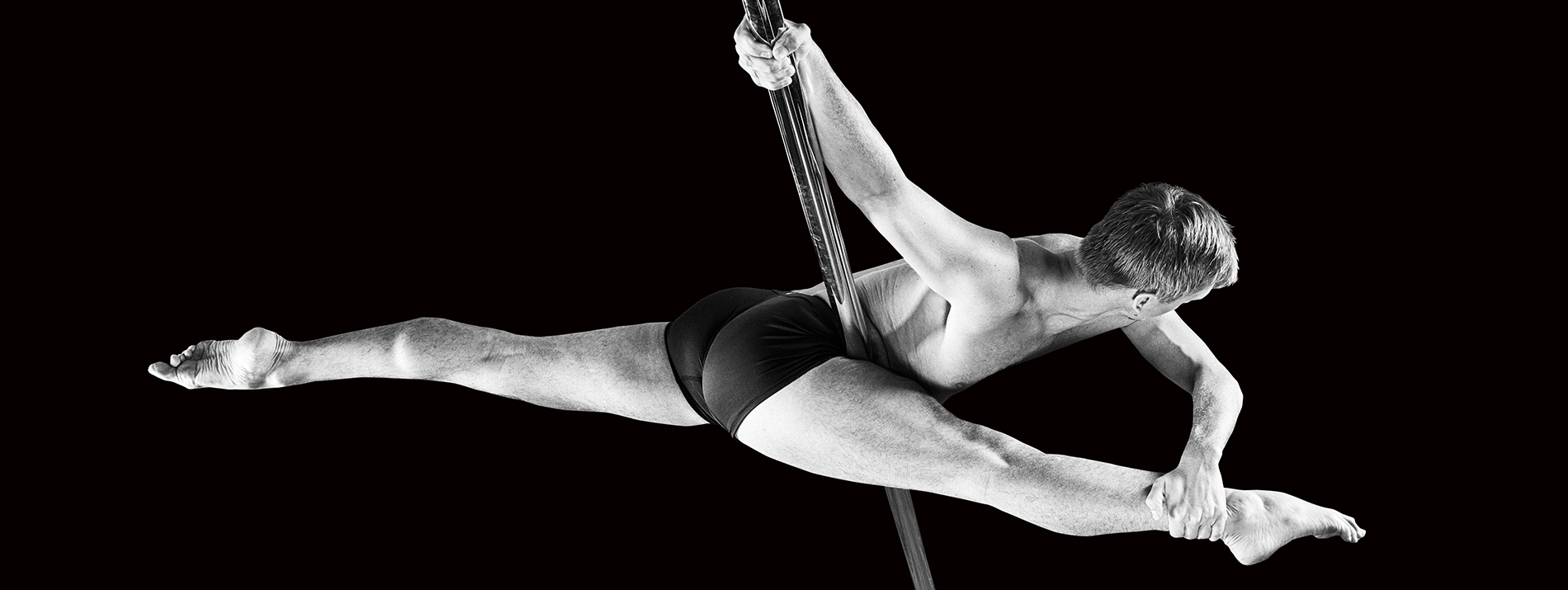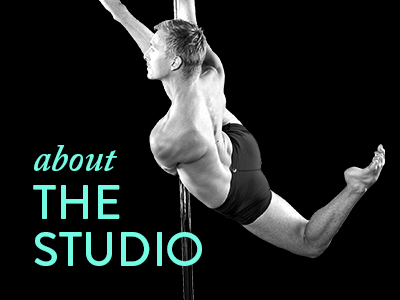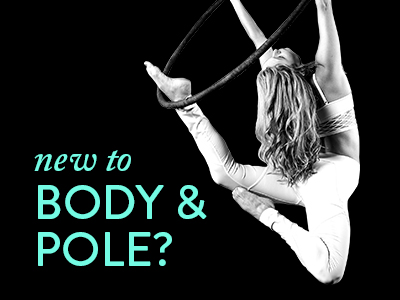As the final installment of our three-part series on pole gaining observer status with the GAISF we spoke with two of Body & Pole’s instructors, Michelle Stanek and Lara Michaels. Both Michelle and Lara have been poling for many years. They have competed, performed, and taught around the world, and witnessed the rapid expansion of the pole community. They shared some of their thoughts and feelings about the impact of pole on the Olympics, and the impact of the Olympics on the pole community. You can follow Michelle and Lara on Instagram @michellestanek and @misslaranyc.
Michelle Stanek
From a larger community perspective, what better platform to show the world how athletic pole dancing is than the Olympics? Perhaps pole dancers would then get endorsement deals, commercials, and more recognition for their hard work, skill, artistry, and athleticism. I hope the Olympics would open up avenues of curiosity for people to learn more about all of the genres of pole including athletic, exotic, sensual and artistic, and attract more students to local studios who buy apparel, enter competitions and thus growing the industry as it creates more business and opportunities.
On a personal level, my trepidation with pole dancing in the Olympics is that the versatility, rich complexities and nuanced genres of all that is unique about pole dancing will be whittled down into an objective sport. Although we all understand there is a high, high level of athleticism in pole dancing, it is so much more than that. I am not a gymnastics expert, but I have always watched it in the Olympics since the 80s, and it still seems the same to me. I can’t think of a pommel horse, balance beam, uneven parallel bars or floor routine that was significantly different than all the others and blew my socks off. But I can think of several pole routines off the top of my head that have been extraordinarily creative and groundbreaking. The world won’t get to see that on the Olympic floor. And that’s the genius of pole dancing – it’s expansive, inclusive and limitless quality. I would rather see it in bigger stages, theaters and films than on the Olympic floor.
But, if it does gain Olympic status, it will give those athletic pole dancers the recognition they deserve. And, again, perhaps it will be a catalyst to give the other genres of pole dancing the recognition they deserve, too.
P.S. I do not care about legitimizing pole dancing. At all.
Lara Michaels
When I heard late last year that pole had reached “observer” status by the GAISF, initially I felt fairly ambivalent. I expected the sarcastic headlines, and of course the inevitable discussion of it’s history, appropriateness, and whether the controversy would be worth enduring for the Olympic committee.
Last month, I read about the 158 women who offered statements against Dr. Nassar, the former USA Gymnastics osteopath, accused of hundreds of accounts of sexual abuse. I considered this, and then considered the pole community. A community comprised primarily of women, fiercely feminist, and holding unwavering resilience against misogyny. We embrace gender non-conforming polers, offer inclusive, safe spaces, and understand the importance of sticking together for the larger community safety and success. We defend each other and our movement, and frequently disrupt outdated societal norms.
I find it ironic and saddening that one of the frequent daggers thrown at pole’s Olympic viability is the “appropriateness” of our art and sport. It seems clear to me that when an entire organization can turn a blind eye to hundreds of victims of sexual abuse over decades, that it’s not the apparatus or method of athletic performance that is the problem.
When I consider what pole would look like in the Olympics, I feel supportive, yet also still slightly ambivalent. I want to believe that if Olympic status is achieved, that it will mean we have made an impact on society. It would be incredible if an art and sport created by erotic dancers, can break down the stigma associated with sex work, and set new standards for the way female athletes are treated. I am confident that if pole does NOT achieve Olympic status, it will not be a detriment to the community. If it does become an Olympic sport, my hope is that our community can avoid the temptation to “sanitize” our history for public consumption, and that we hold tightly to our values. The opportunity is there to instigate larger cultural change, but are we prepared to don that mantle?



